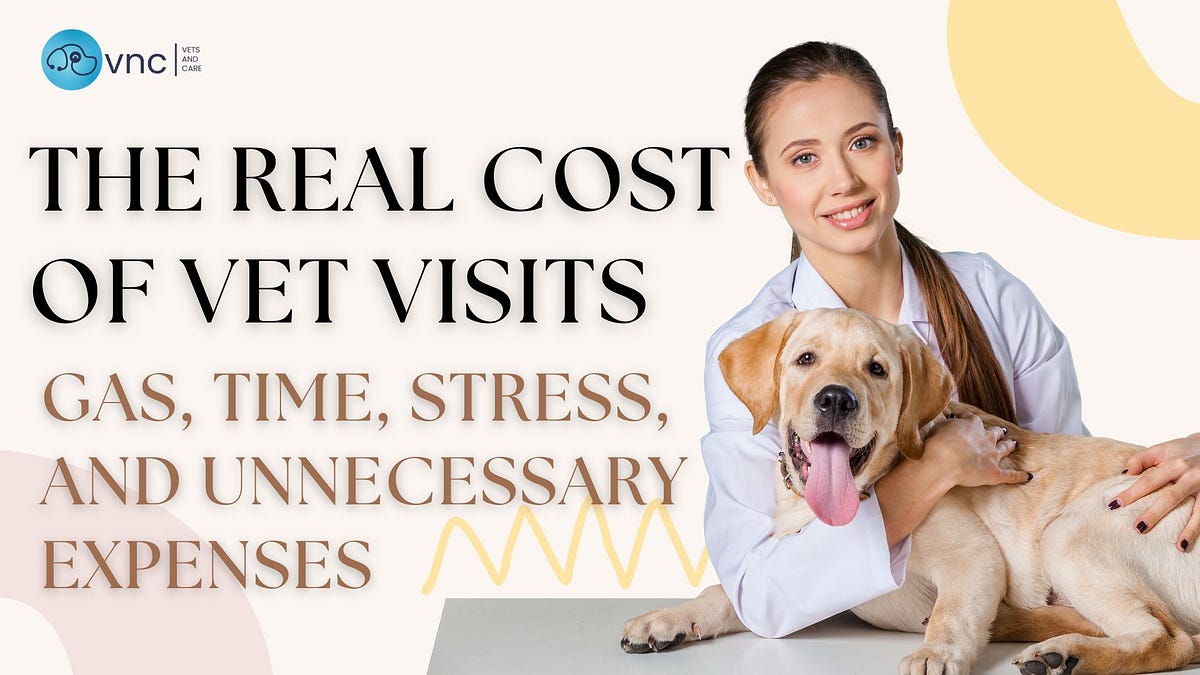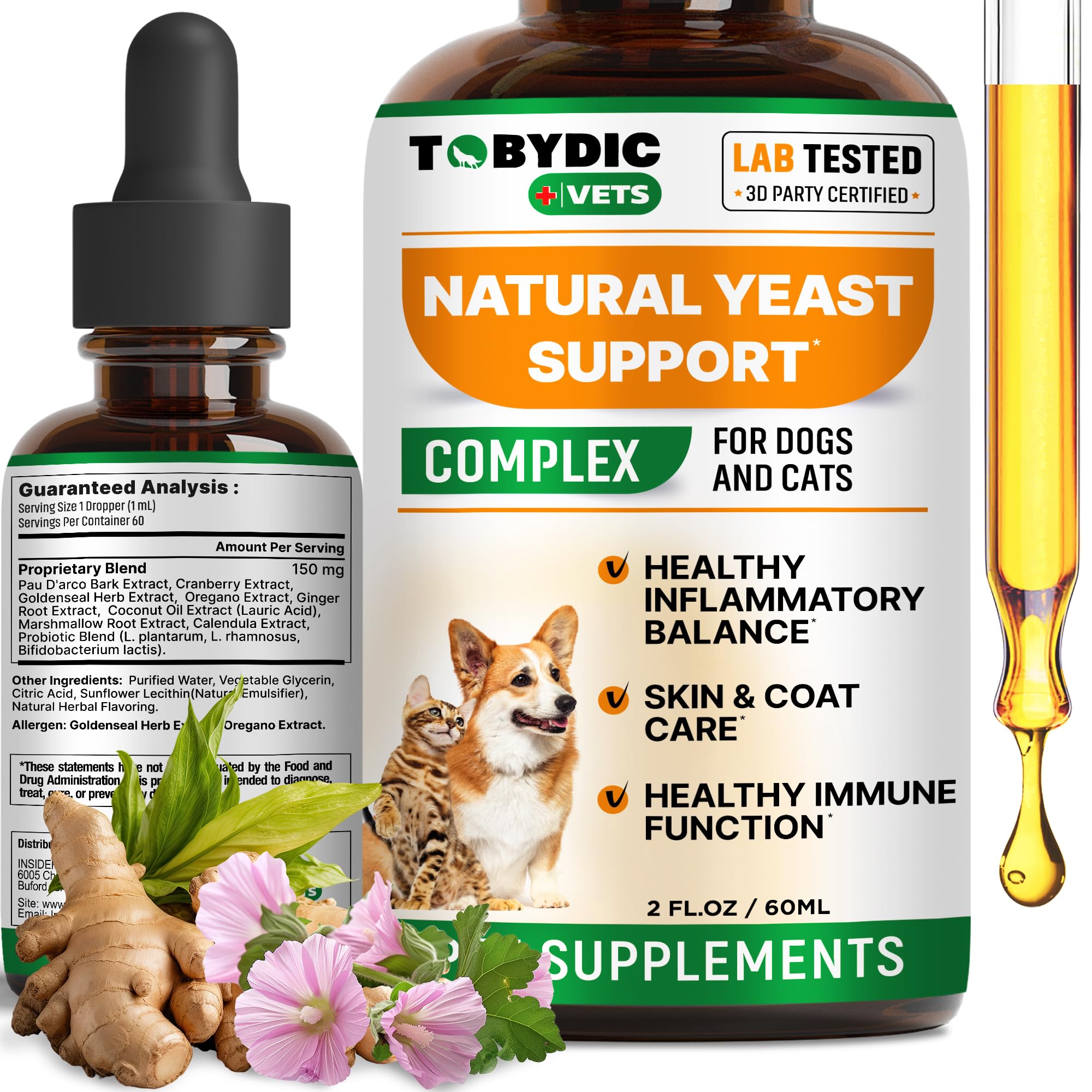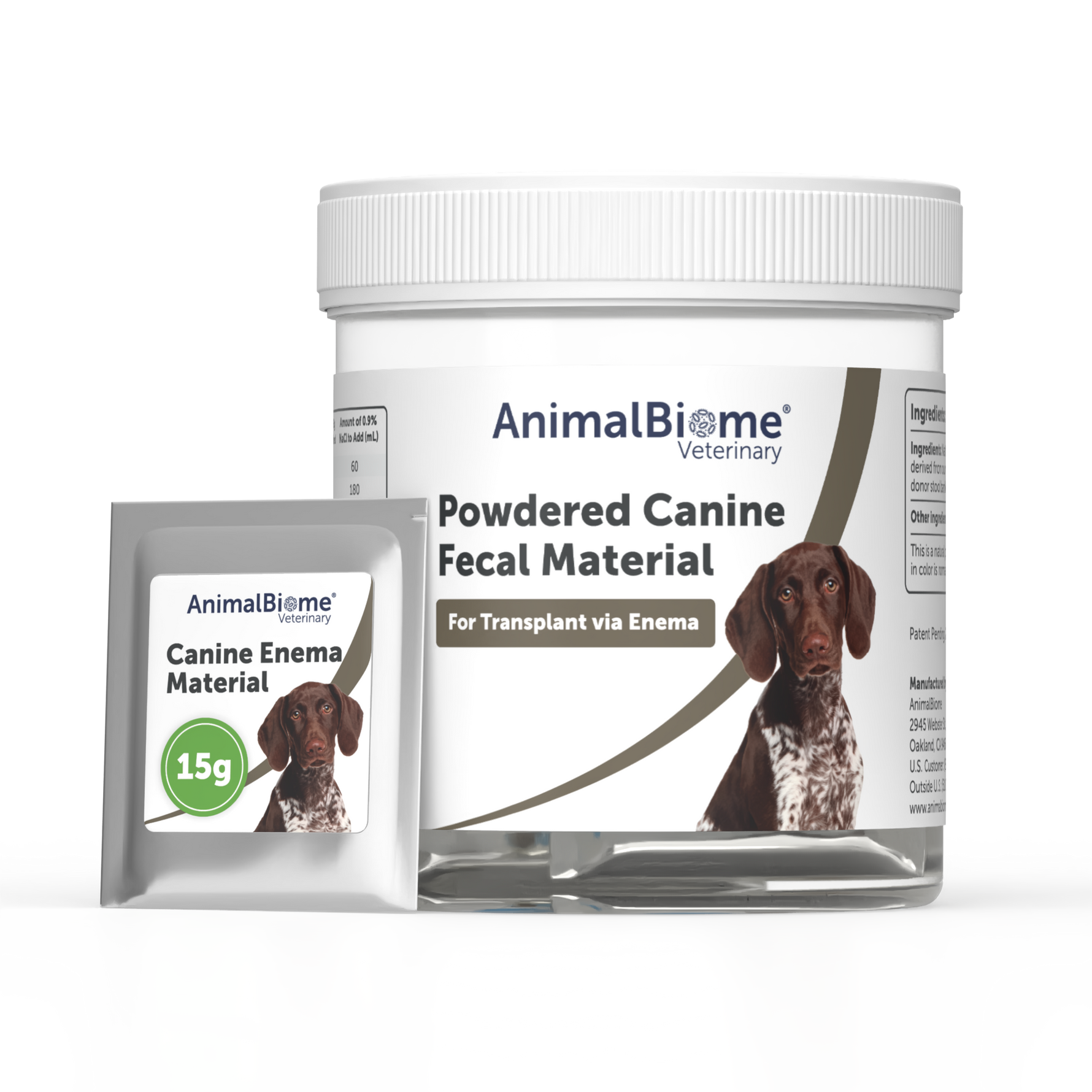You love your dog and want the best care for them. But when it comes to a vet visit, you might wonder: how much will it actually cost?
Understanding the price can help you prepare and avoid surprises. You’ll discover the typical costs of a vet visit for your dog, what factors affect the price, and how you can save money without compromising your pet’s health. Keep reading to make sure your furry friend gets the care they need without breaking your budget.

Credit: www.facebook.com
Factors Influencing Vet Costs
Vet costs for dogs vary widely. Several key factors influence the final price. Understanding these can help you plan better for your pet’s care.
Vet visits are not the same everywhere. Prices differ based on where and how you get treatment. Also, your dog’s characteristics and health needs affect costs.
Location And Clinic Type
Vet prices change with location. Urban areas often have higher fees than rural spots. Clinics in big cities may charge more due to overhead costs.
Type of clinic matters too. Private clinics generally cost more than nonprofit or low-cost shelters. Emergency or specialty clinics usually have higher fees than regular vet offices.
Dog’s Breed And Size
Breed and size impact vet bills. Larger dogs require more medication and supplies. Bigger breeds may need higher doses, making treatment pricier.
Certain breeds have specific health problems. This can lead to more frequent vet visits. Special care or tests for these breeds increase overall costs.
Type Of Treatment Required
Simple check-ups cost less than complex treatments. Vaccinations and routine exams are usually affordable. Surgery, dental care, or emergency care costs more.
Chronic conditions need ongoing care. This includes medications, tests, and frequent visits. The type and length of treatment greatly affect the price.

Credit: medium.com
Common Veterinary Services
Understanding common veterinary services can help you prepare for the costs involved in caring for your dog. Each service plays a crucial role in maintaining your pet’s health and catching issues early. Knowing what to expect can ease your budgeting and decision-making when your dog needs care.
Routine Check-ups
Routine check-ups are the foundation of your dog’s health care. These visits usually include a physical exam, weight check, and discussion about diet or behavior. Expect to pay between $50 and $100 per visit, depending on the clinic.
During a check-up, your vet might discover early signs of illness that you wouldn’t notice at home. Have you noticed any changes in your dog’s energy or appetite lately? Bringing these up can make the visit more effective.
Vaccinations
Vaccinations protect your dog from serious diseases. Core vaccines like rabies, distemper, and parvovirus are essential and often required by law. Costs typically range from $20 to $75 per shot.
Some dogs need additional vaccines based on lifestyle or travel habits, which can add to the expense. Keeping a vaccination schedule is key—you might save money by bundling vaccines during a single visit.
Dental Care
Dental care is often overlooked but vital for your dog’s overall health. Regular teeth cleaning can prevent gum disease and tooth loss. Basic cleanings generally cost between $300 and $700, depending on anesthesia and extractions.
Have you checked your dog’s teeth recently? Bad breath, difficulty eating, or excessive drooling might mean a dental visit is due. Early dental care can avoid more expensive treatments later.
Emergency Care
Emergency vet visits are unpredictable and can be costly. They often involve urgent exams, tests, and treatments. Prices for emergency care can range from $200 to over $1,000 depending on the severity of the issue.
Knowing where the nearest emergency clinic is and having a financial plan can save stress in a crisis. What would you do if your dog suddenly needed emergency care at night? Preparing in advance is crucial.
Cost Breakdown Of Vet Visits
Understanding the cost breakdown of vet visits helps you prepare better for your dog’s healthcare needs. Vet bills can vary widely depending on the services your dog requires during the visit. Let’s look closely at the main components that make up the total cost so you can budget smartly and avoid surprises.
Consultation Fees
The consultation fee is the basic charge for the vet’s time and expertise during your visit. This usually covers the physical exam and discussion about your dog’s symptoms or health concerns.
Prices typically range from $50 to $100, but can be higher in specialty clinics or emergency visits. Have you ever wondered if a quick phone call could reduce this cost? Some vets offer telemedicine consultations at a lower rate, which might be a good option for non-urgent issues.
Diagnostic Tests
If your dog needs tests like blood work, x-rays, or urine analysis, expect additional charges. Diagnostic tests help the vet pinpoint health problems but can add significantly to the bill.
For instance, a basic blood panel might cost around $80 to $150, while x-rays could be $100 to $300 depending on the number and type of images. Planning ahead for these costs can save you stress. Do you know which tests are most commonly needed for your dog’s breed or age?
Medication And Supplies
Medication prescribed during the visit can range from simple flea treatments to antibiotics or pain relievers. These costs depend on the type and dosage required for your dog’s condition.
Additionally, supplies like bandages, syringes, or special diets may be added to the invoice. A small bottle of oral medication might cost $20, but complex treatments or long-term prescriptions can push costs higher. Have you asked your vet if generic or alternative medications are available to reduce expenses?
Ways To Manage Vet Expenses
Vet visits can add up quickly. Managing these costs helps keep your dog healthy without straining your wallet. Several options make vet care more affordable and predictable. Understanding these can guide you to smart spending and better care.
Pet Insurance Options
Pet insurance helps cover unexpected vet bills. You pay a monthly fee and get partial reimbursement for many treatments. Plans vary by coverage, premiums, and deductibles. Choose one that fits your budget and your dog’s needs.
Common types include:
- Accident-only policies
- Accident and illness coverage
- Wellness plans for routine care
Read policy details carefully to understand limits and exclusions.
Preventative Care Strategies
Preventative care reduces the risk of serious health problems. Regular check-ups catch issues early. Vaccinations protect against common diseases. Parasite control prevents costly infestations.
Simple habits to save money:
- Maintain a healthy diet
- Keep up with dental care
- Exercise regularly
- Schedule routine vet visits
These steps can lower vet expenses over time.
Discount Plans And Packages
Many clinics offer discount plans or packages. These bundle services at a lower price. Packages often include vaccinations, exams, and basic tests.
Discount options might include:
- Annual wellness plans
- Multi-visit discounts
- Senior pet care packages
Ask your vet about available plans to save on regular care.
Tips For Reducing Vet Costs
Vet visits can be expensive, but costs can be managed. Small changes help reduce vet bills. Knowing where to go and how to care at home saves money. Many community resources offer extra help. Use these tips to keep your dog healthy and your costs low.
Choosing Affordable Clinics
Find clinics offering fair prices for routine care. Some clinics have special rates for vaccinations and check-ups. Ask about payment plans or discounts. Consider veterinary schools; they often provide lower-cost services. Search for local low-cost clinics in your area. Compare prices before scheduling appointments to avoid surprises.
Regular Home Care Practices
Good home care reduces vet visits. Brush your dog’s teeth regularly to prevent dental problems. Trim nails and check ears weekly to avoid infections. Feed a balanced diet to keep your dog healthy. Exercise daily to maintain weight and prevent illness. Watch for early signs of sickness to act fast.
Utilizing Community Resources
Many communities offer help for pet owners. Look for local animal shelters with low-cost vaccines and check-ups. Some charities provide financial aid for emergency vet care. Join pet owner groups for advice and support. Attend free pet health workshops to learn more. Libraries and community centers may have useful information too.

Credit: www.carecredit.com
Frequently Asked Questions
How Much Does A Basic Dog Vet Visit Cost?
A basic dog vet visit typically costs between $45 and $55. This includes a physical exam and general health check. Prices may vary by location and clinic. Additional tests or treatments will increase the cost.
What Factors Influence Dog Vet Visit Prices?
Vet visit costs depend on factors like location, clinic type, and services needed. Emergency visits or specialty care usually cost more. Routine check-ups are generally cheaper than urgent or complex treatments.
Are There Ways To Reduce Vet Visit Costs For Dogs?
You can reduce costs by choosing low-cost clinics or pet insurance. Preventive care and vaccinations help avoid expensive treatments later. Regular check-ups catch issues early, minimizing overall expenses.
How Much Does A Dog Vaccination Cost At The Vet?
Dog vaccinations typically cost between $15 and $30 per shot. Prices vary by vaccine type and clinic. Some clinics offer vaccination packages at discounted rates.
Conclusion
Vet visit costs for dogs can vary a lot. Basic check-ups usually cost less than emergency care. Knowing the price range helps you plan better for your pet’s health. Regular visits keep your dog healthy and catch problems early. Ask your vet about fees before the visit.
Saving money is easier with routine care. Your dog deserves good health without surprises on the bill. Stay prepared, and your pet will thank you with a happy life.







